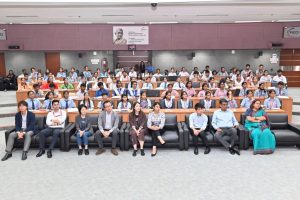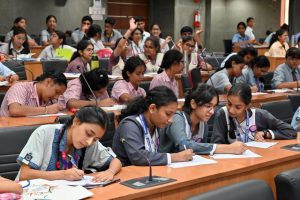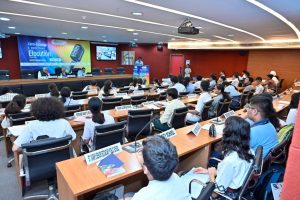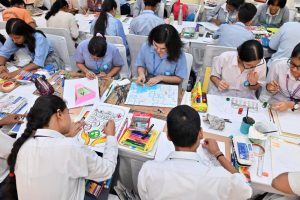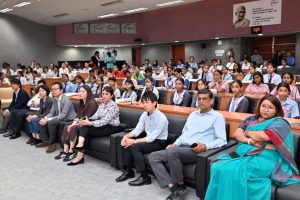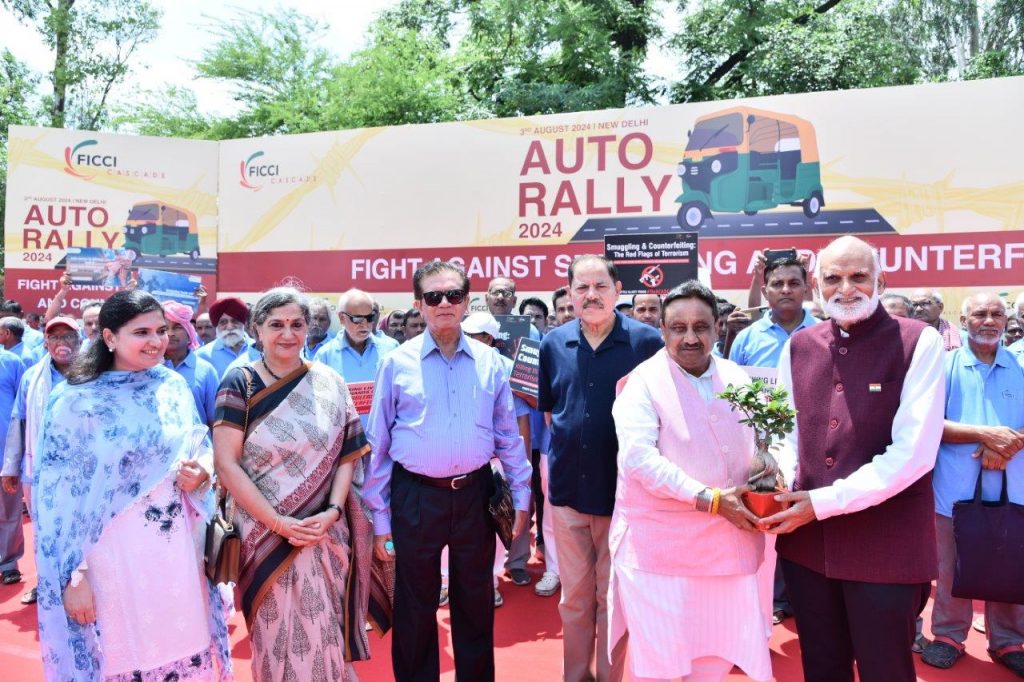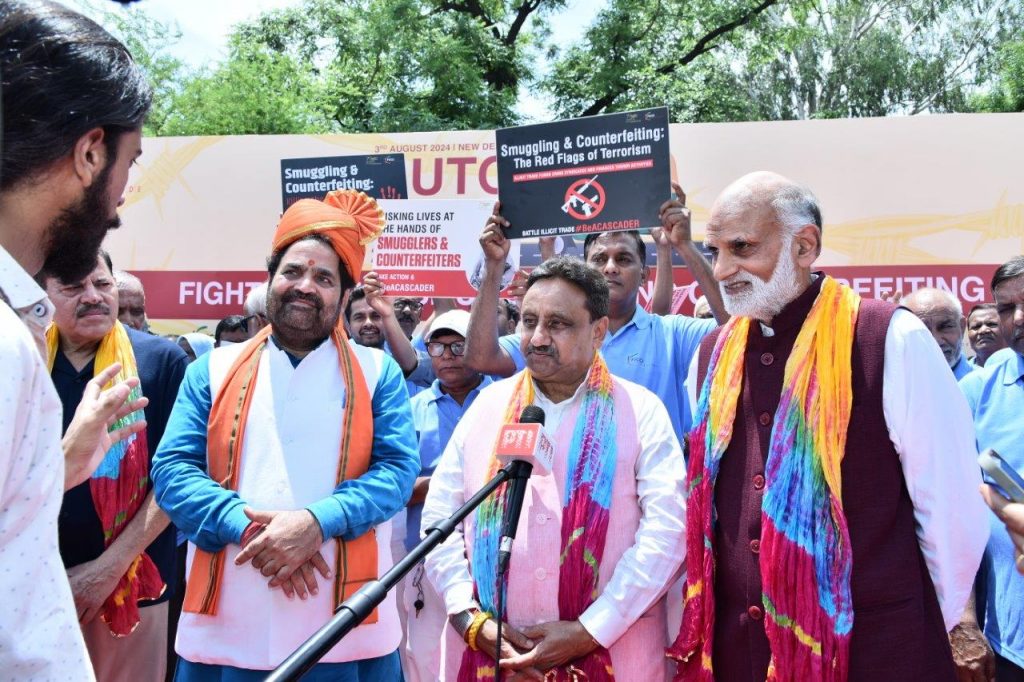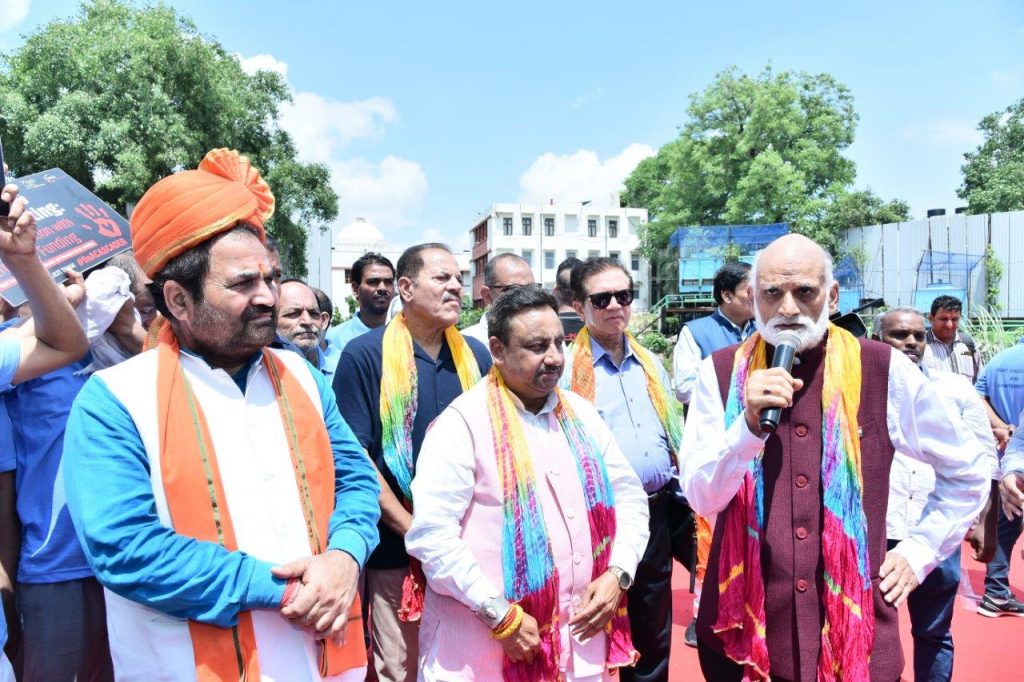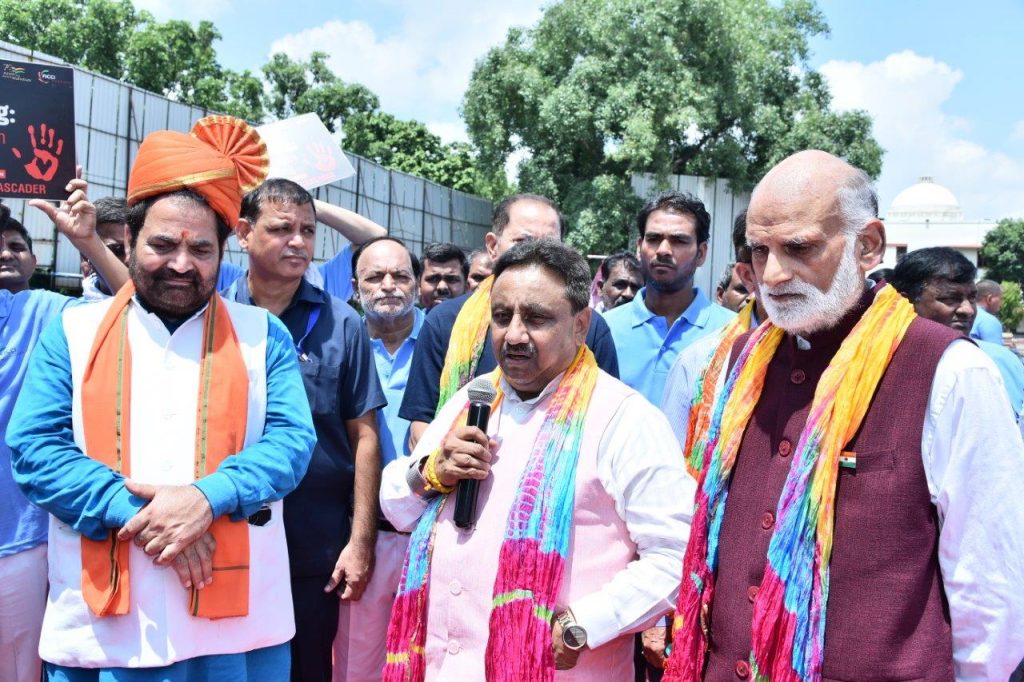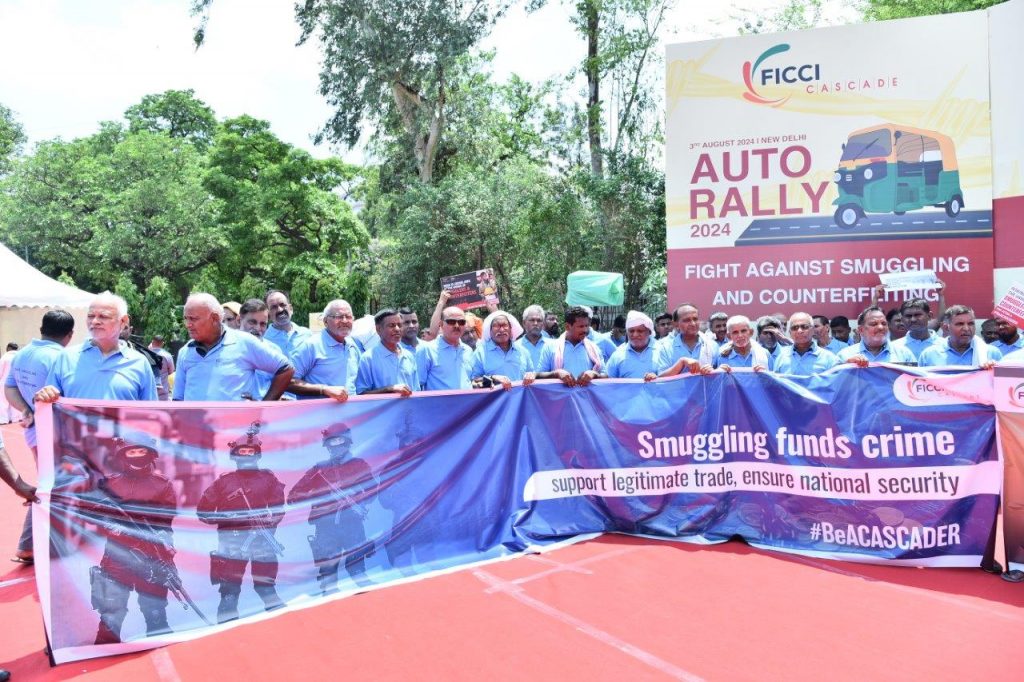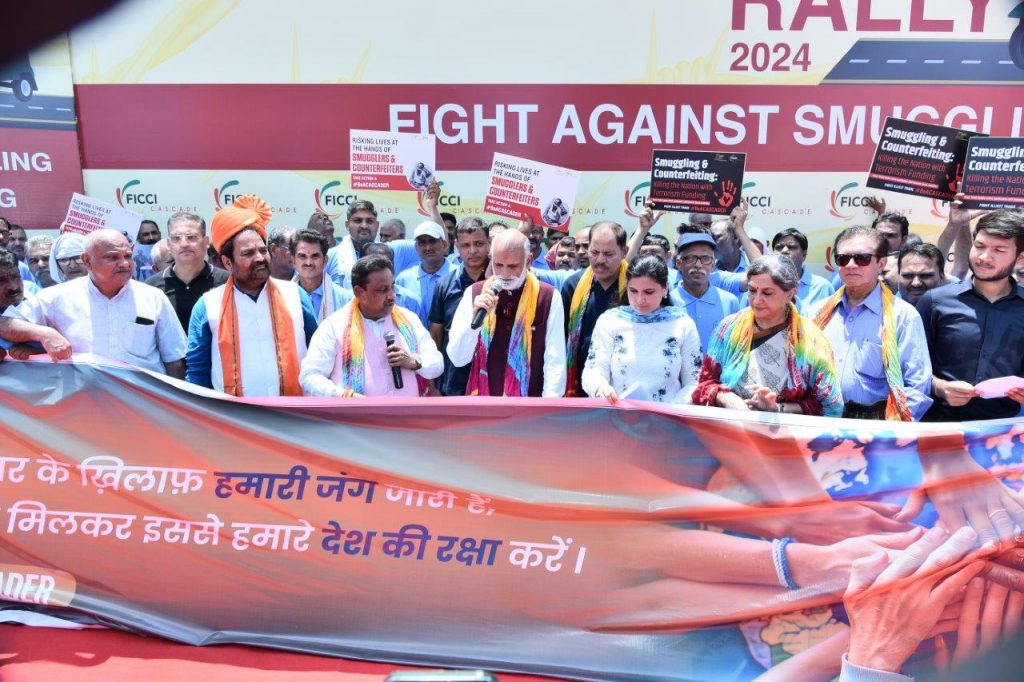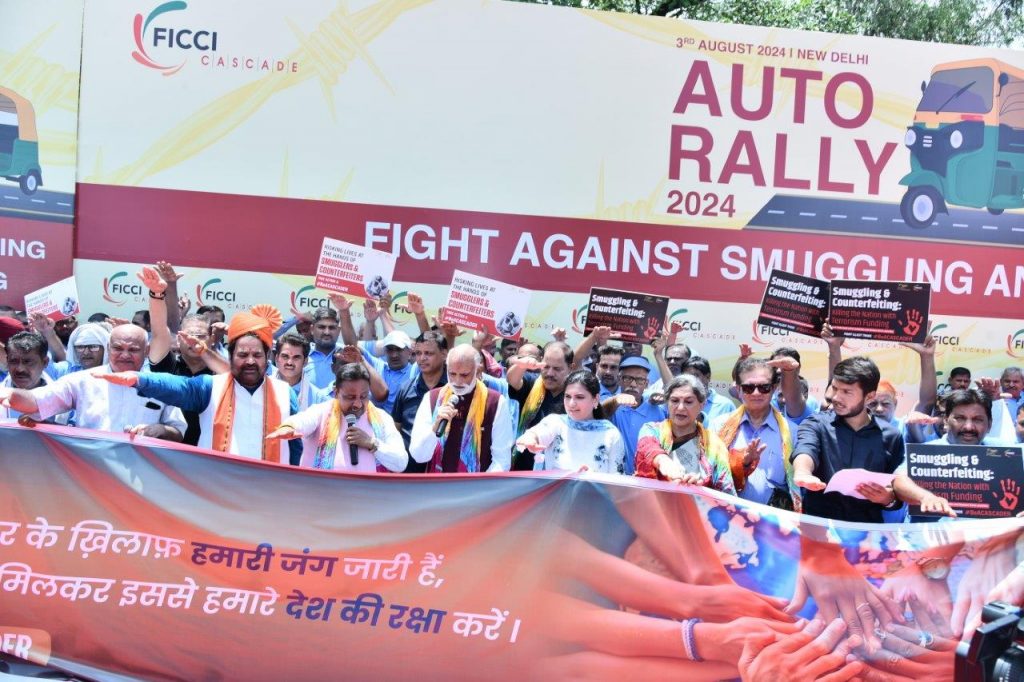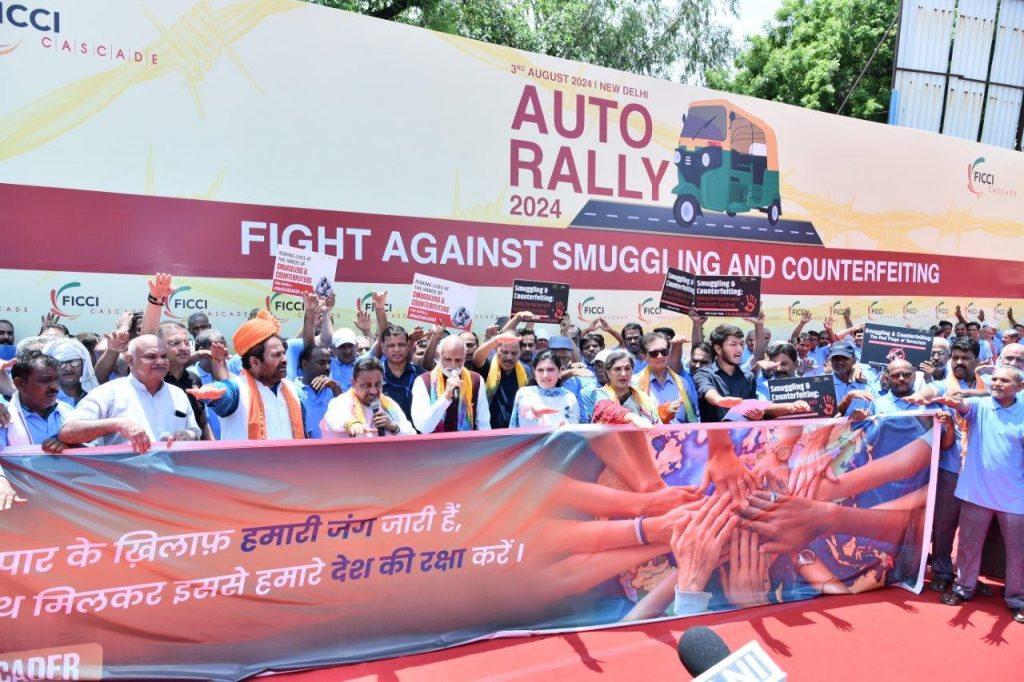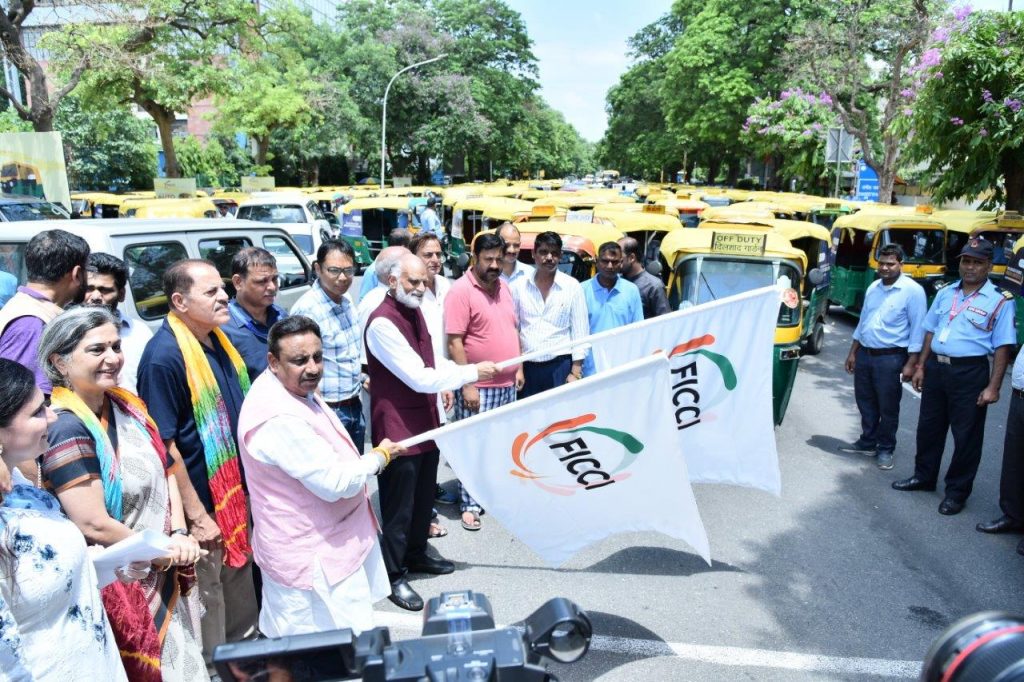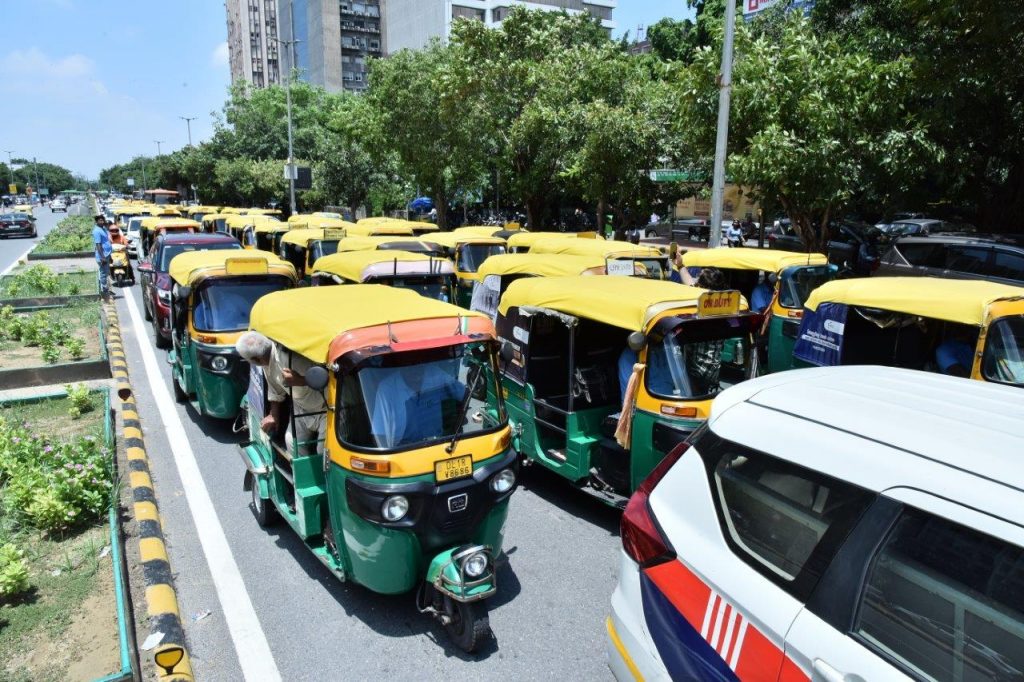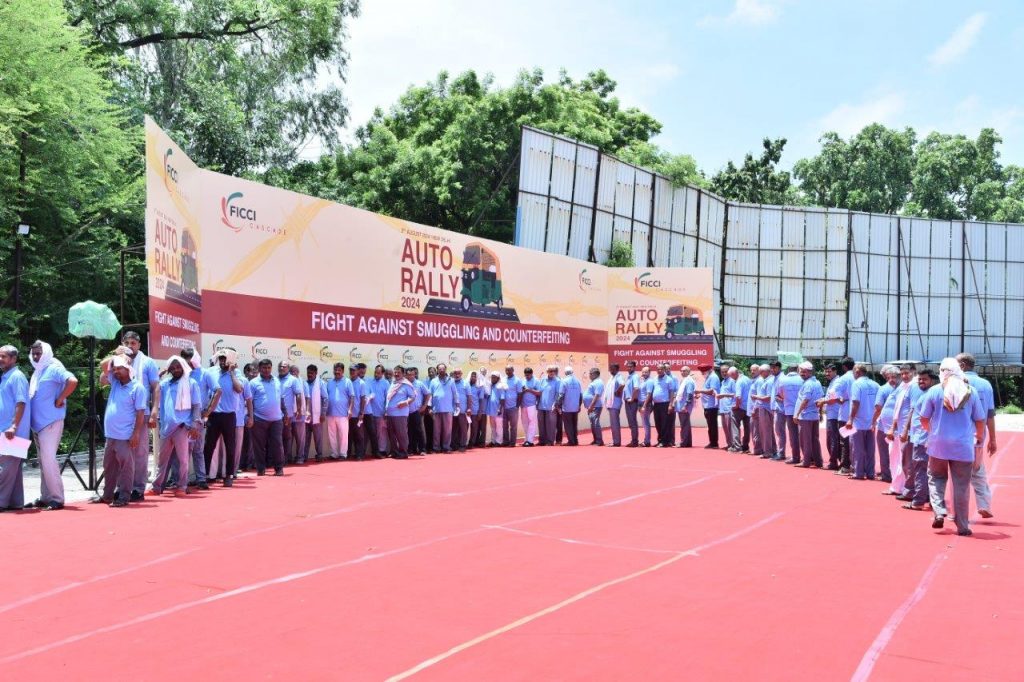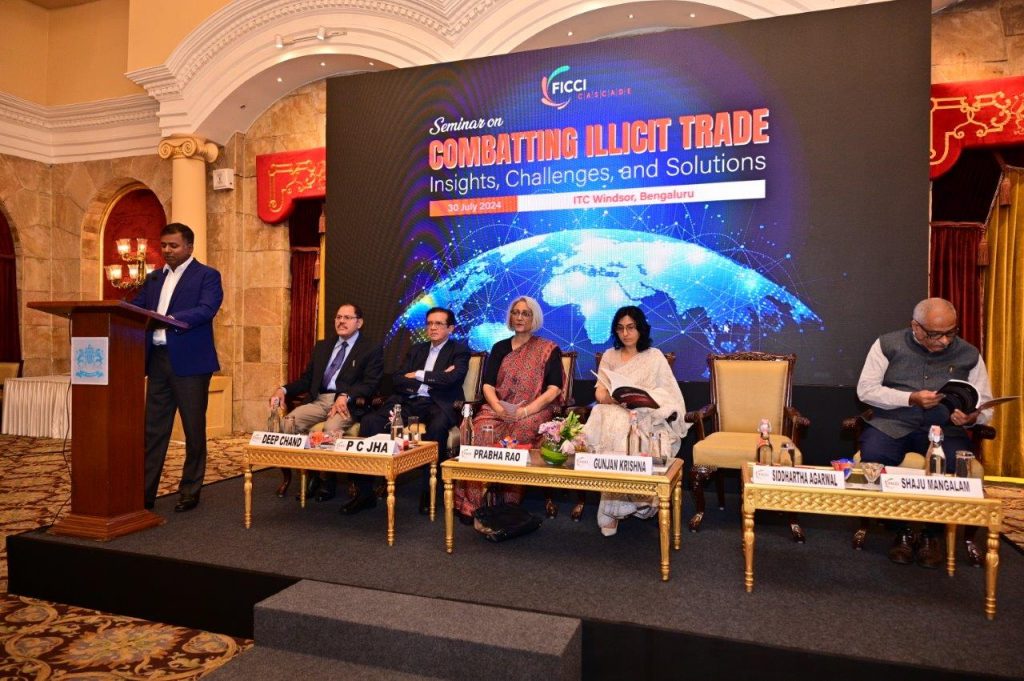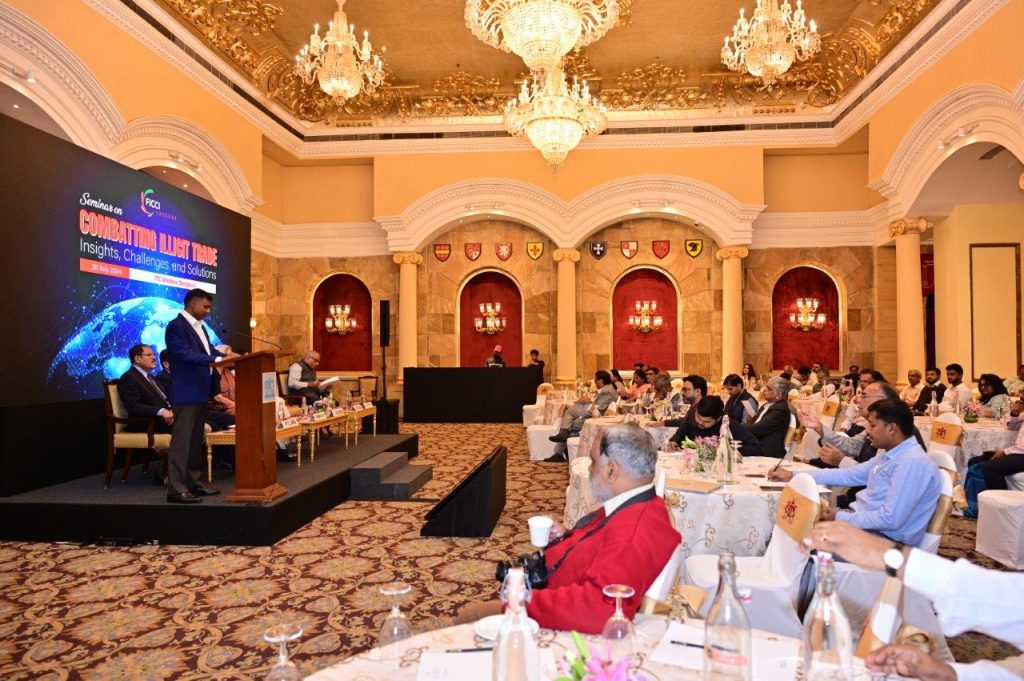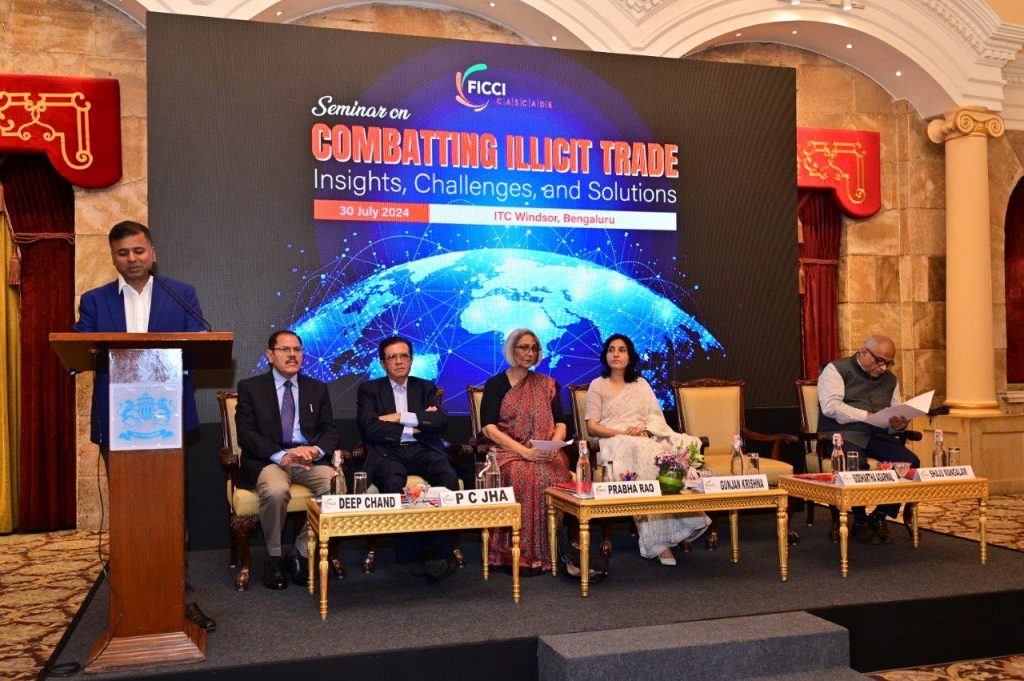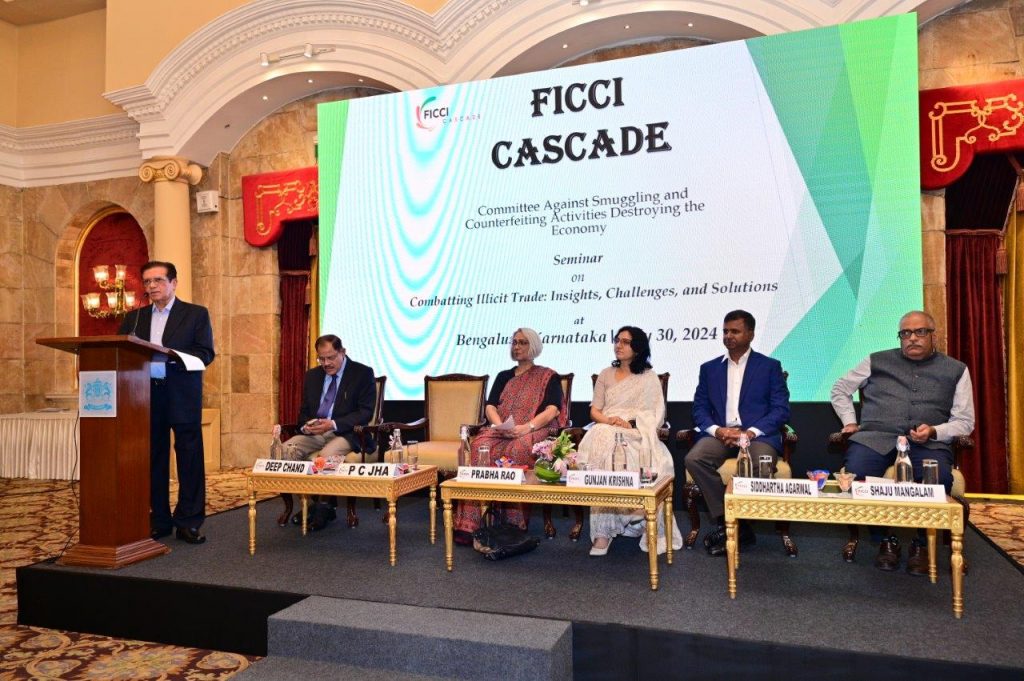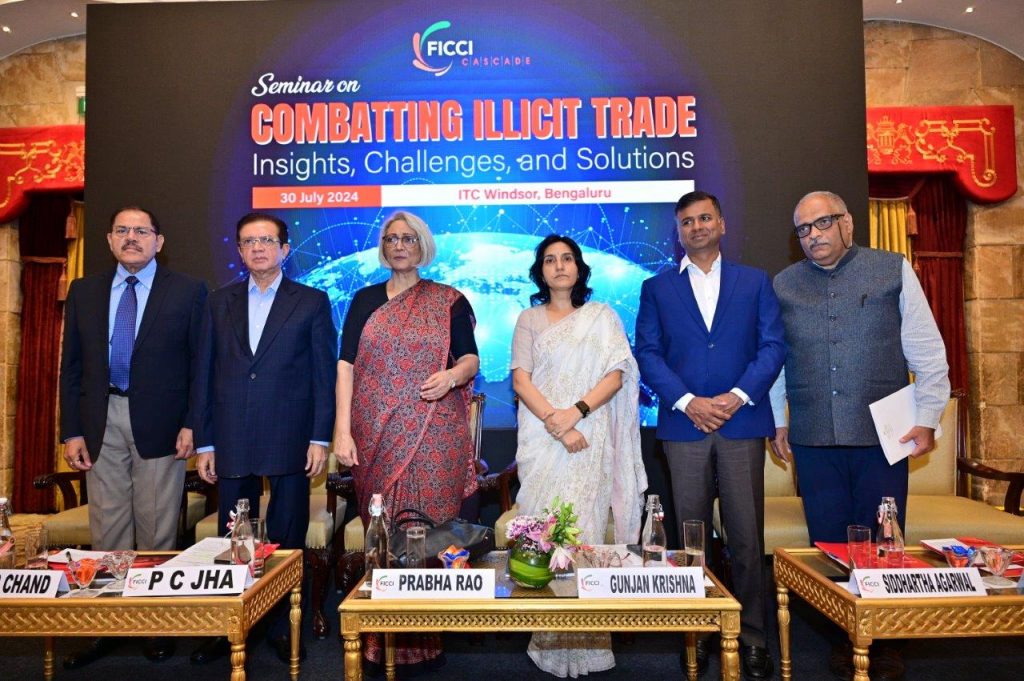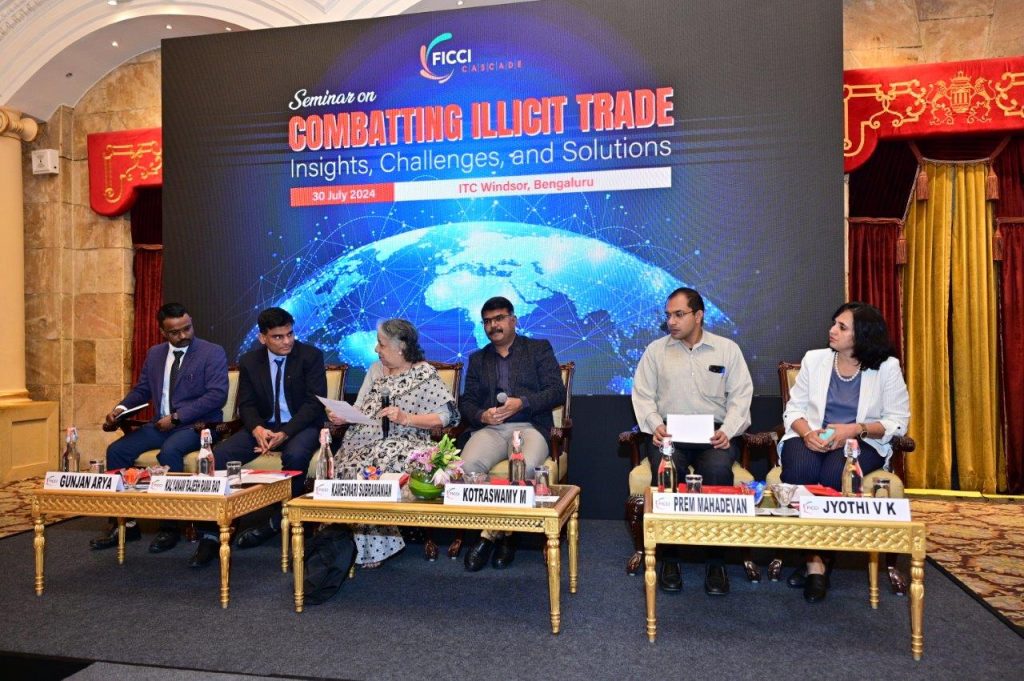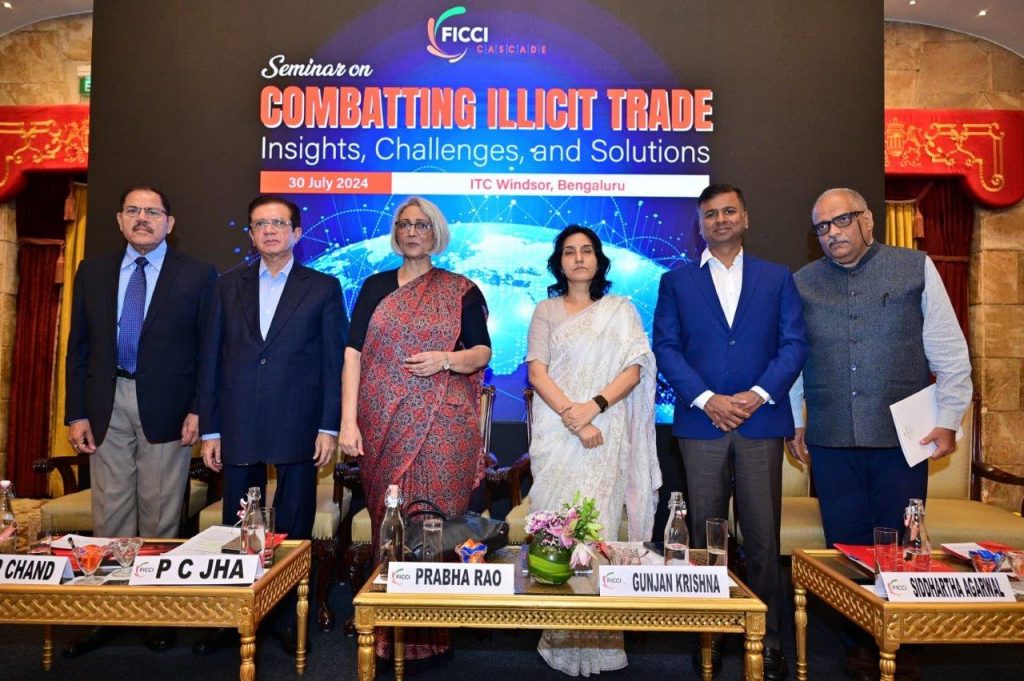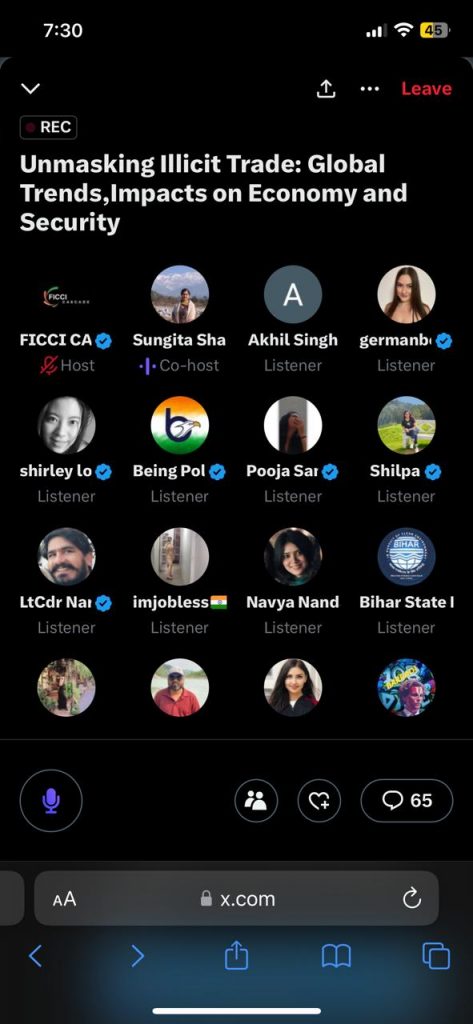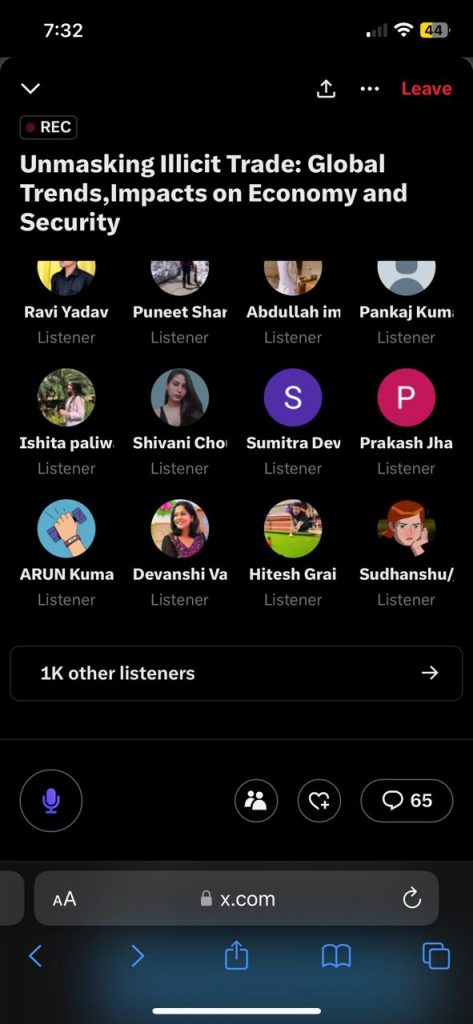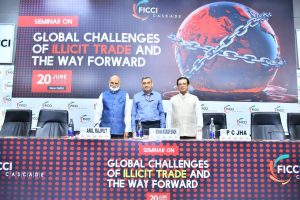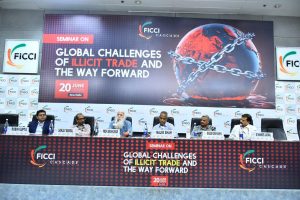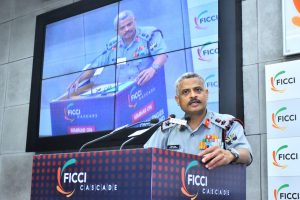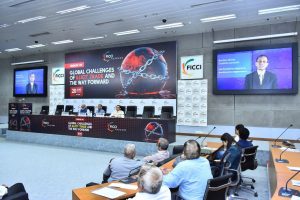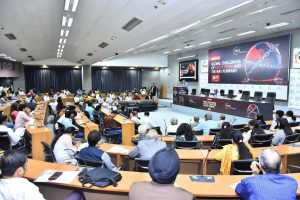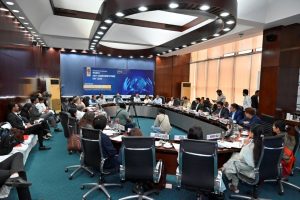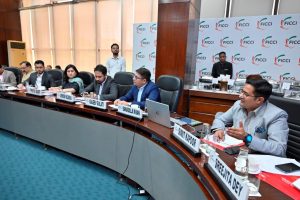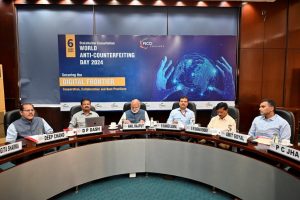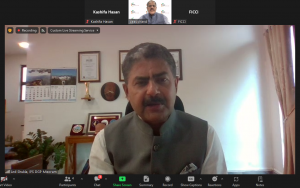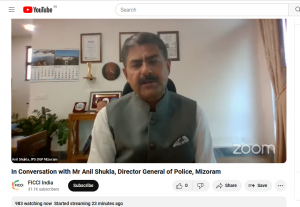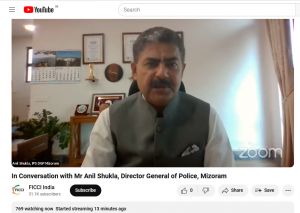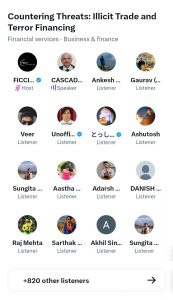12th August 2024 | New Delhi
FICCI CASCADE is committed to empowering our nation’s youth by increasing their awareness and understanding of counterfeiting and smuggling. The goal of this engagement is to develop effective strategies to combat the growing challenges of illicit trade.
To this end a youth awareness campaign titled “ZERO-EVASION: The Role of Youth in Making India Free from Smuggling and Counterfeiting” was organized at the FICCI Federation House in New Delhi.
The campaign featured three competitive events: Poster Making, Elocution, and Jingle Writing. Over 650 students from 85 leading schools in Delhi and the NCR participated with enthusiasm. The impressive talent displayed by these young participants in addressing the serious issues of counterfeiting and smuggling was truly inspiring. The primary goal of these competitions was to heighten youth awareness and mobilize their support in combating illicit trade.
The competition commenced with insightful remarks from a distinguished panel. Mr. Sanjeev Tripathi, Former Chief of the Research and Analysis Wing (R&AW), emphasized the importance of educating school children about the harmful effects of smuggling and counterfeiting. He highlighted that such initiatives are crucial for fostering awareness about illicit trade.
Mr. Anil Sinha, Former Director of the Central Bureau of Investigation (CBI), stressed the broad economic and security threats posed by illicit trade. He noted the importance of educating young people to be vigilant and to avoid illicit goods and services, thus contributing to a society that upholds ethical practices.
Mr. P.K. Malhotra, Former Secretary of Law at the Ministry of Law & Justice, spoke about the detrimental impact of illicit trade on society and economic growth. He praised FICCI CASCADE for engaging school children in a creative way to spread the critical message of combating illicit trade.
The involvement of young people in tackling smuggling and counterfeiting is crucial for nurturing a more informed, alert, and proactive society. Their participation not only aids in addressing the pressing issues of illicit trade but also plays a significant role in fostering a more ethical and sustainable future.
The competition was adjudicated by an esteemed panel comprising Mr. Anil Sinha, Mr. Sanjeev Tripathi, and Mr. P.K. Malhotra. Their expertise and presence greatly enhanced the event, underscoring the importance of involving youth in addressing these urgent issues.
| Name of the Competition | 1st | 2nd | 3rd | Special Jury Award | Special Jury Award |
|---|---|---|---|---|---|
| Elocution | Vaishnavi Singh Gurukul The School |
Sneh Shukla Ryan International School, Mayur Vihar |
Aesha Kashmiri KIIT world school |
||
| Poster Making | Bharvi Nayak Kalita Bal Bharti Public School, Gangaram |
Disha Sharma Maharaja Agarsain Public School, Ashok Vihar |
Shruti Nambiar Suncity World School |
Anshika Puri Birla Vidya Niketan,Pushp Vihar |
Anaya Trivedi Mother Mary’s School,Mayur Vihar |
| Jingle Writing | Lavanya Dhyani ASN Sr. Secondary School,Mayur Vihar |
Manasavi Gupta Gurukul- The School,Noida |
Kartik Bhardwaj Birla Vidya Niketan,Pushp Vihar |
Vridhi Bajaj KIIT World School,Pitampura |
Media Coverage Zero-EvasionDownload Pdf





